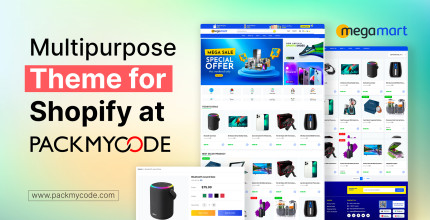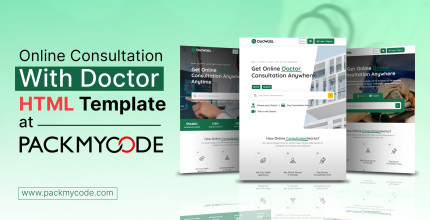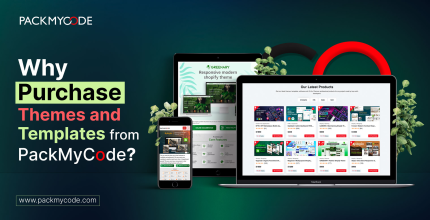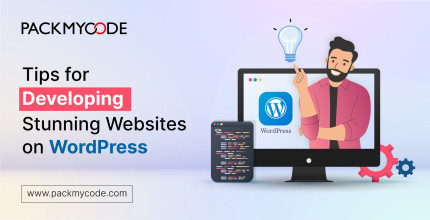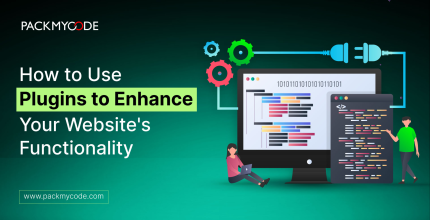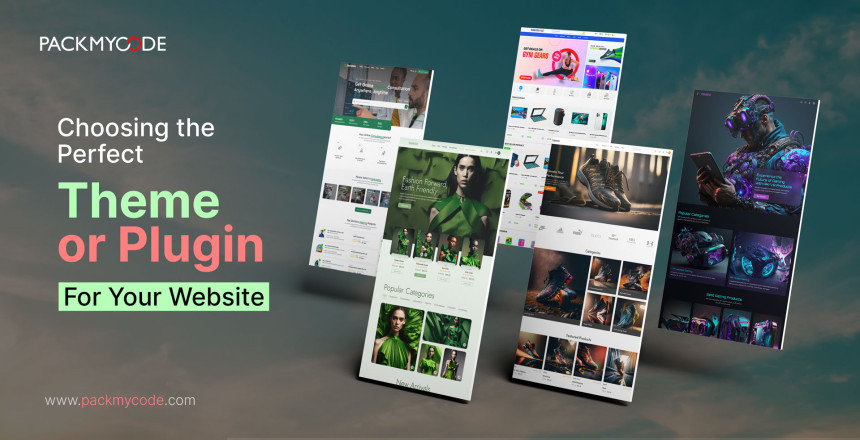
Choosing the Perfect Theme or Plugin for Your Website
When it comes to building a website, choosing the right theme and plugins is crucial for creating an engaging and functional online presence. With the vast array of options available, it can be overwhelming to select the perfect theme and plugins that align with your website's goals and requirements. This article aims to provide you with a comprehensive guide to help you make informed decisions and find the ideal theme and plugins for your website.- Free vs. Premium Themes: Determine whether you prefer a free theme or are willing to invest in a premium theme. Free themes are a cost-effective option, but premium themes generally offer more advanced features, better support, and a higher level of customization.
- Theme Compatibility: Ensure that the theme is compatible with your website's content management system (CMS), such as WordPress, Joomla, or Drupal. Check the theme's compatibility with the latest version of your chosen CMS.
- Responsive Design: In today's mobile-centric world, a responsive theme is vital to provide an optimal viewing experience across different devices. Look for themes that are mobile-friendly and adapt well to various screen sizes.
- Customization Options: Consider the level of customization offered by the theme. Look for themes that provide flexible layout options, color schemes, and typography settings, allowing you to personalize your website's appearance.
- Identify Essential Functionality: Make a list of the features and functionality you require for your website. Research and shortlist plugins that cater to these specific needs.
- Plugin Compatibility: Similar to themes, ensure that the plugins are compatible with your CMS and the version you are using. Outdated or incompatible plugins may cause conflicts and hinder your website's performance.
Ensure that both the chosen theme and plugins have a strong focus on security. Regular updates and patches from the developers are crucial to address vulnerabilities and maintain website security. Avoid using outdated or unsupported themes and plugins as they may pose a risk to your website's integrity
Documentation and Support
Verify that the theme and plugins provide adequate documentation and support resources. Well-documented themes and plugins make it easier for you to set up and customize your website. Prompt and reliable support from the developers can assist you in resolving any issues or concerns that may arise.
Conclusion
Selecting the perfect theme and plugins for your website can greatly enhance its functionality, aesthetics, and overall user experience. By defining your website's goals, conducting thorough research, and considering factors such as compatibility, customization options, security, and support, you can make well-informed choices.


